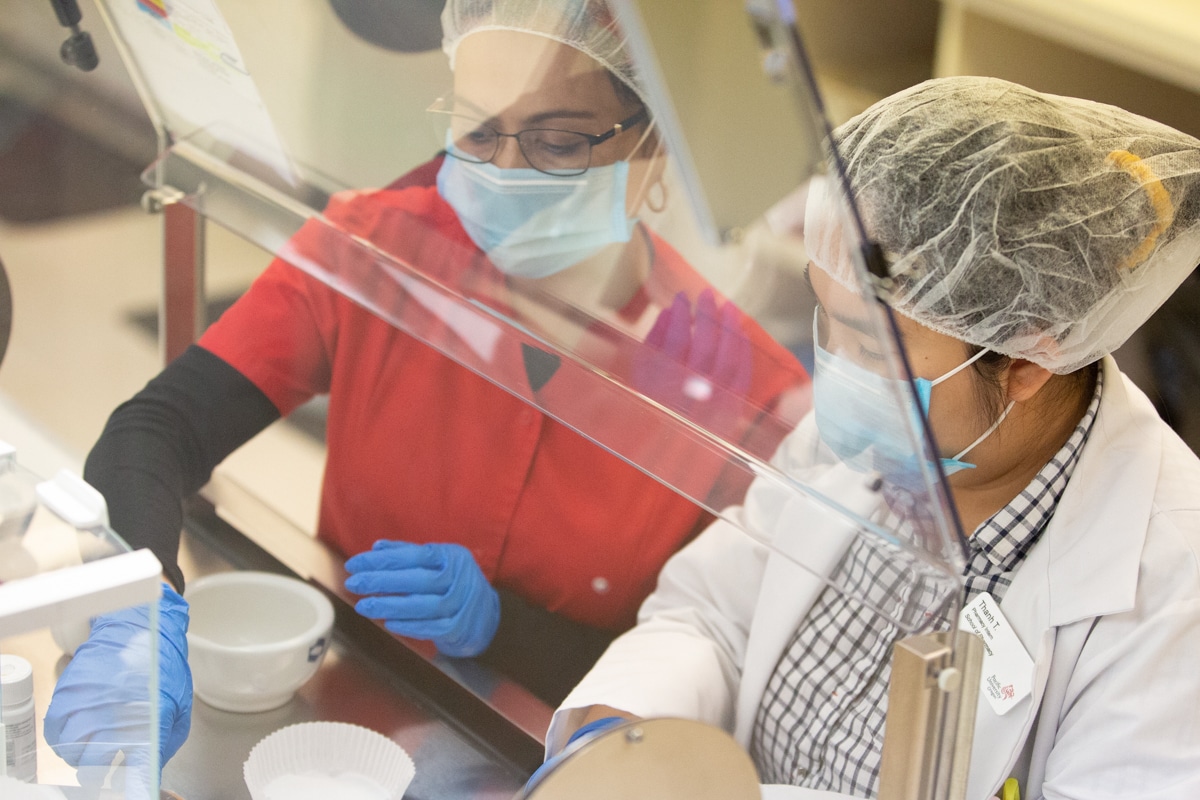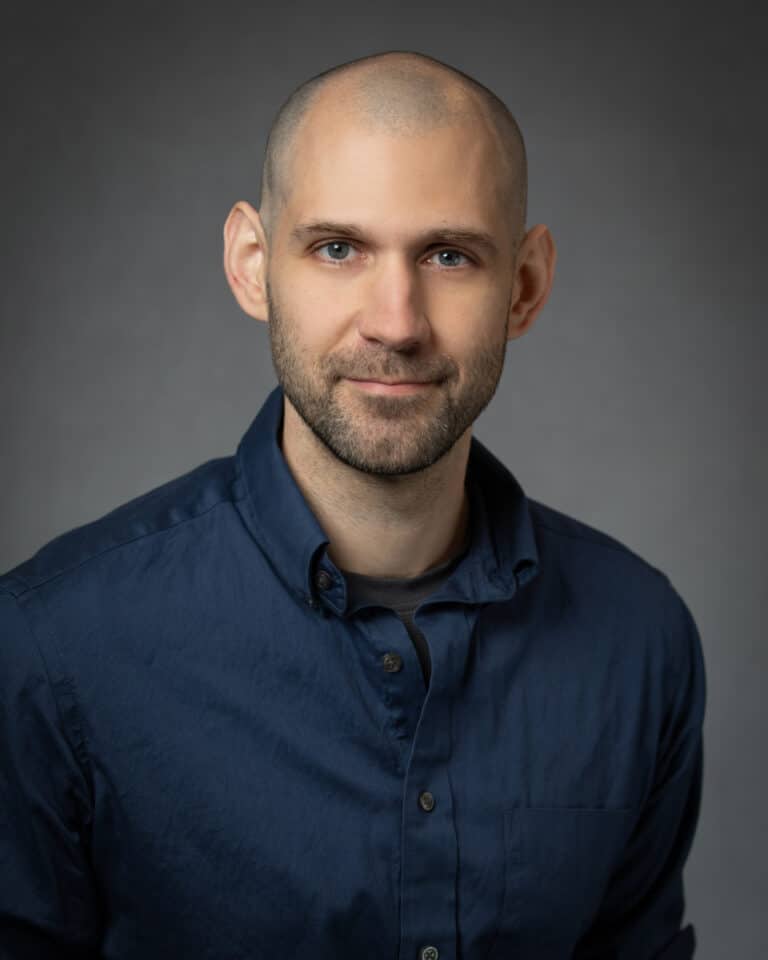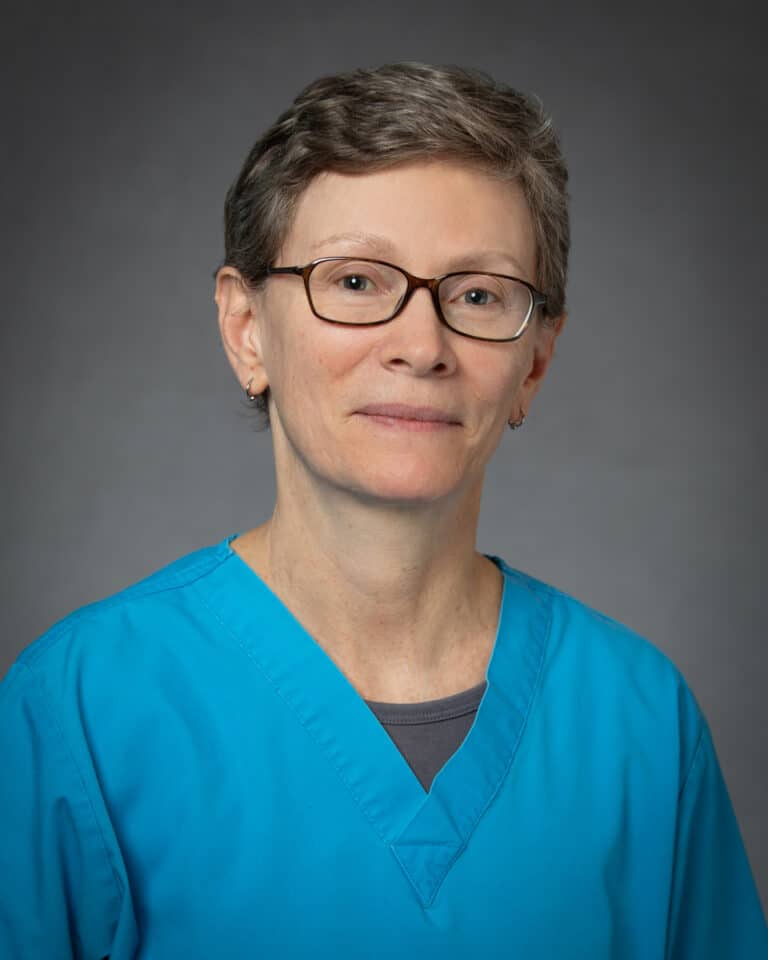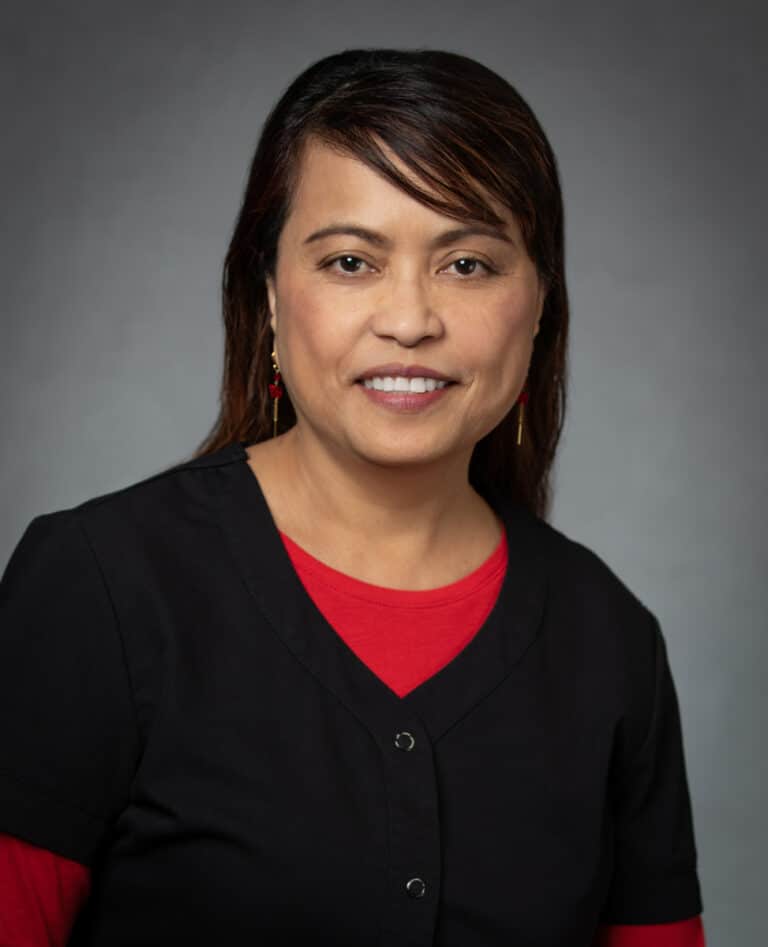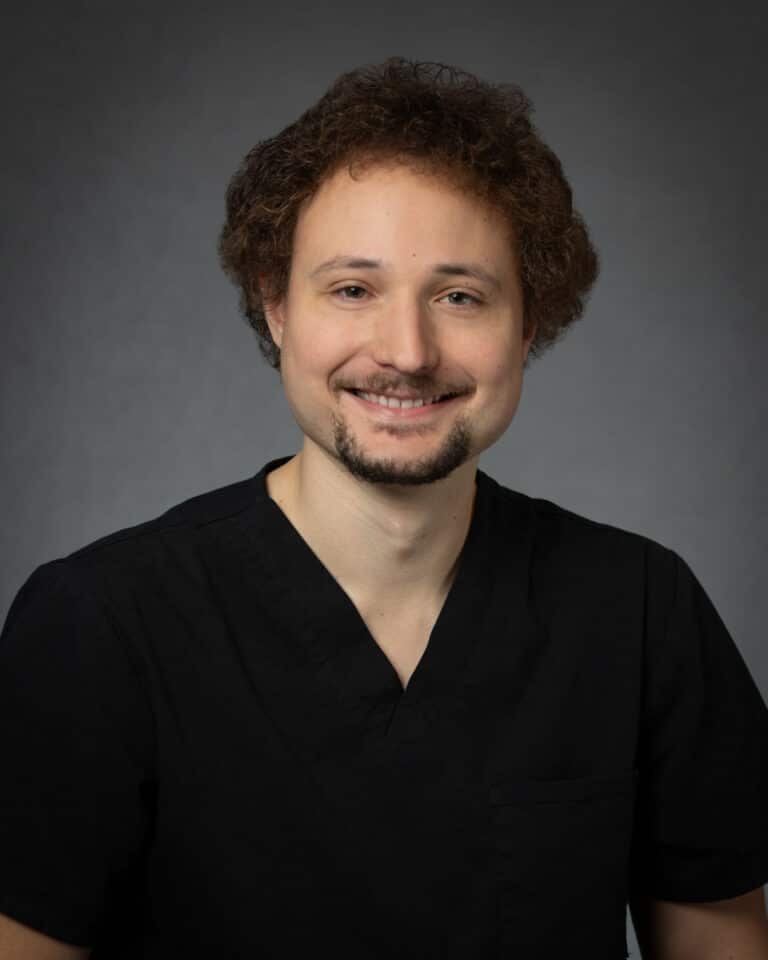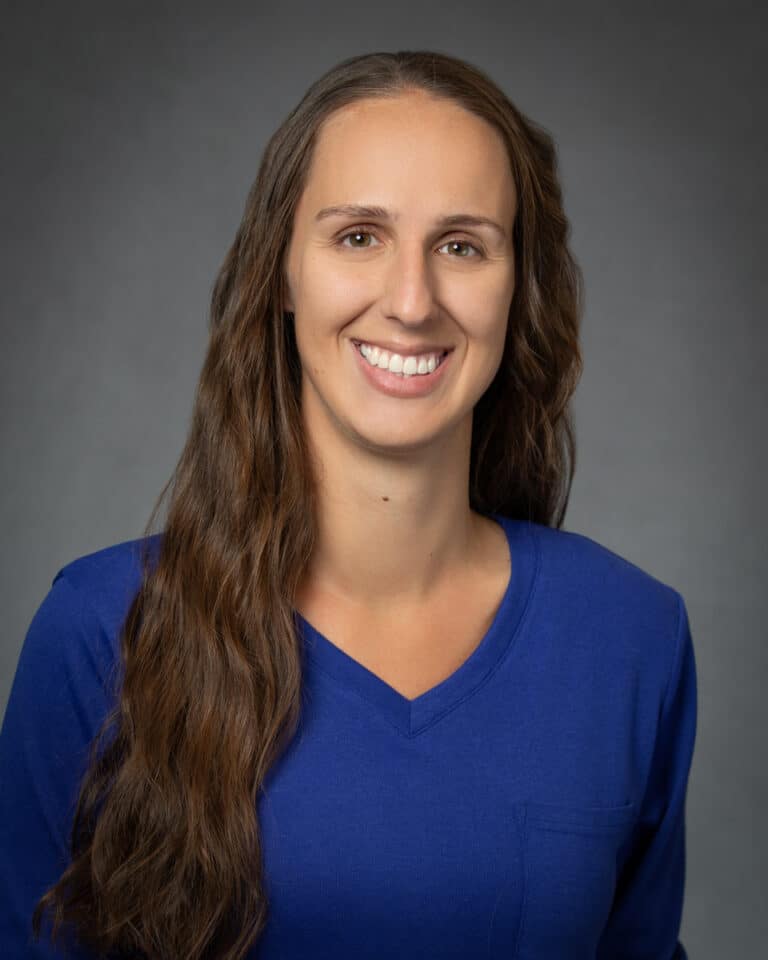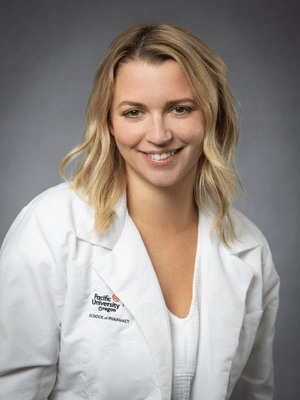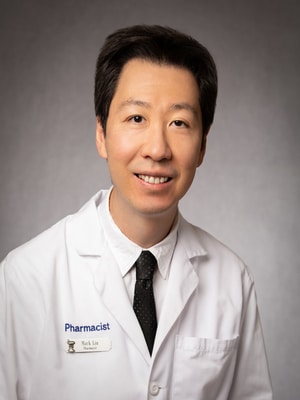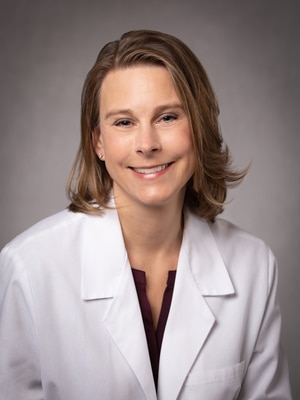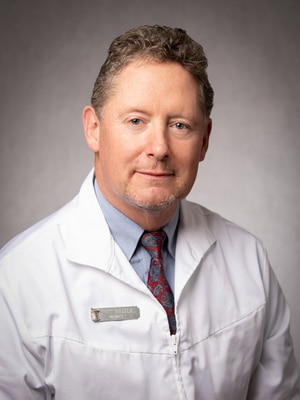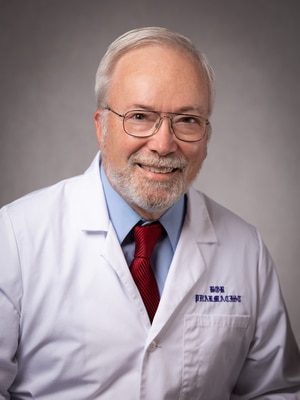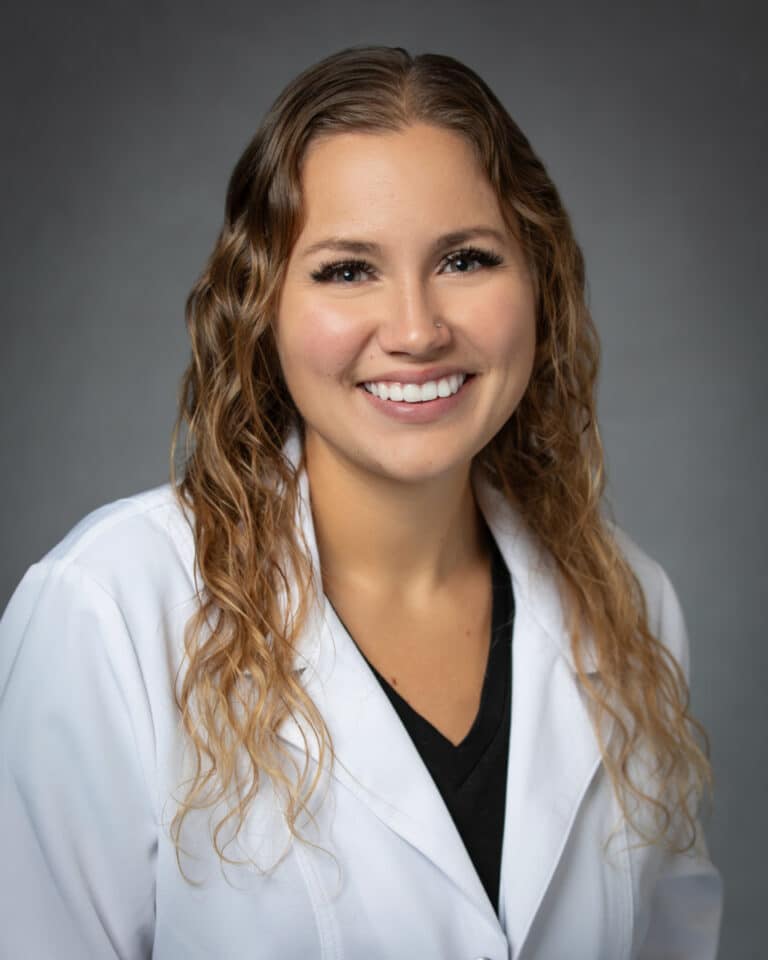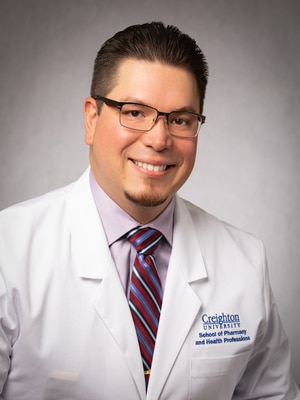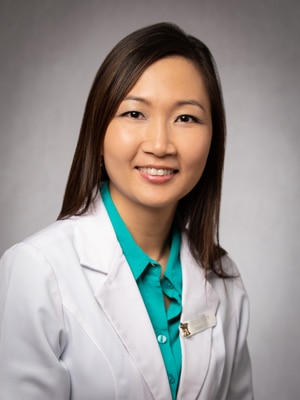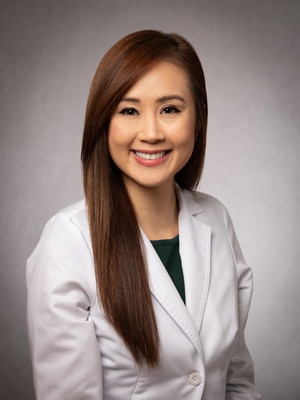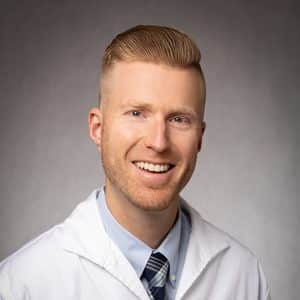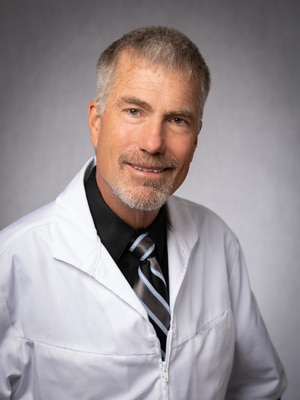Pharmacy school is a grind. Pharmacy school programs are three or four years of coursework that takes place after an undergraduate degree is completed. The first two to three years of pharmacy school consist of intense, high-volume, classroom learning. After pharmacy students surpass the classroom phase, their last year of pharmacy school is spent out in the real world, rotating to a new pharmacy location every six weeks, gaining hands-on experience in many different fields within the pharmacy industry. Most students will spend 12-18 weeks in a hospital setting, 12-18 weeks in a community setting (retail pharmacy) and 6-12 weeks doing something less common such as outpatient infusion, an academic rotation, nuclear pharmacy or compounding.
Compounding rotations are rare because compounding pharmacies themselves are rare. Out of a cohort of 100 students, it would be common for 5% or less to experience a compounding rotation during their last year of pharmacy school. Pharmacy students get some say in the rotations they experience by providing their preferences to the school in advance of their last year. Most students that land a compounding rotation are thrilled, as they typically have a baseline interest in compounding and do not usually receive any formal education or training in compounding from their pharmacy school.
Our pharmacy intern program at Northwest Compounders is divided into two separate phases: the compounding phase and the processing phase. Exposing interns to two separate job functions doubles the amount of exposure and experience they would otherwise receive at a more traditional internship. During the compounding phase of the internship, a dedicated technician trainer teaches student interns how to compound many of the dosage forms we compound at our pharmacy, including capsules, oral liquids, topical preparations and mini tablets. There is a wide range of techniques that must be mastered as part of their compounding training, including weighing, geometric dilution, trituration, spatulation, mixing, wetting and several others. All of these techniques are verbally taught and physically demonstrated to our interns. The interns must then demonstrate their own proficiency in these skills before advancing to the next training objective. After three weeks of intensive compounding training, our student interns are passed off to a processing pharmacist for more hands-on training in our processing area. Pharmacy interns are taught to use our pharmacy dispensing software, assist customers over the phone, take new prescriptions, recommend formulas to prescribers and provide patient consultation to both patients and pet owners.
We recently asked one of our past student interns, Sandria P., what she liked best about our two-phase internship program and this is what she had to say: “I think compounding for three weeks, then transitioning into the processing room, was brilliant, so interns get total exposure to a compounding pharmacy.” Non-compounding pharmacy intern rotations can be somewhat monolithic, focusing on only one aspect of the industry and/or one job function. Our goal for pharmacy interns at Northwest Compounders has also been to ensure that each pharmacy student leaves northwest compounders with a solid foundation of compounding knowledge and skills, as well as increased confidence in formulation building, processing, and consultation, the latter of which can be broadly applied to many pharmacist jobs across the entire industry.
The secret to creating a robust internship program is simple: it takes time and resources. Companies must be willing to provide student interns with dedicated trainers, resources, and the time and patience from their training staff. Unfortunately, the pharmacy industry is not known for having an abundance of resources and time to dedicate to student interns. Student interns often get stuck doing simple, repetitive jobs to “keep them out of the way” until their internship is over. We asked Sandria P. to compare her experience to some of the other internship experiences she had this year and this is what she shared with us: “It is totally different from retail pharmacies. While retail pharmacies are short-staffed with one pharmacist, and everything feels rushed, Northwest Compounders has more than enough pharmacists and technicians to cover each other, and everything seems organized. I never felt rushed while rotating at Northwest Compounders; it was stress-free.”
We are grateful for the opportunity to educate the next generation of pharmacists in compounding. If you are a pharmacy student or undergraduate interested in pharmaceutical compounding, please contact our Director of Training, Megan Gustafson, by email for more information.
